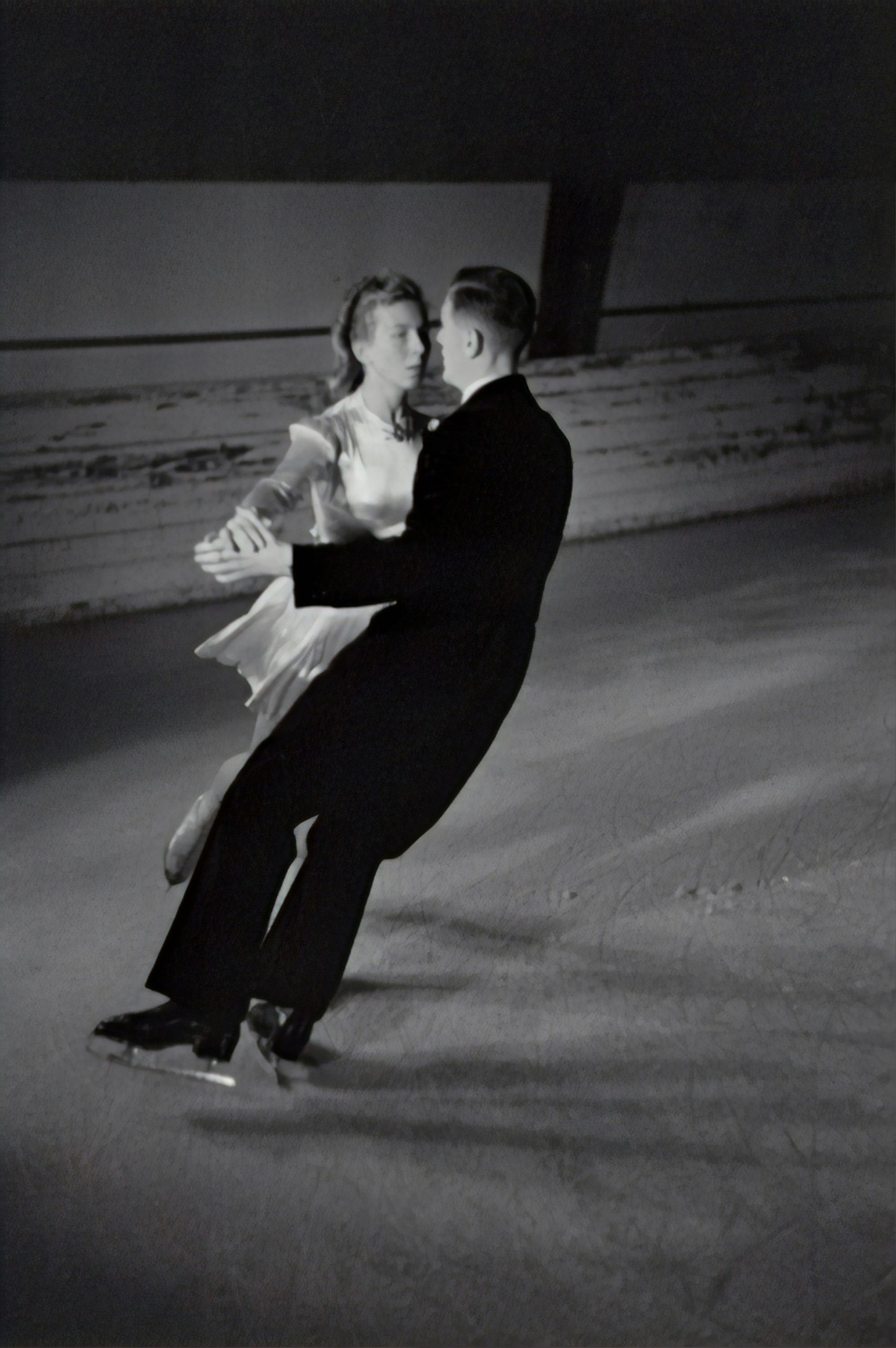
Historical Analysis of Major Sports Events
Introduction
Sports events have always been pivotal moments in history, reflecting societal values, political climates, and technological advancements. This article explores the historical significance of major sports events, examining their impact beyond the field or arena.
Olympic Games: Bridging Cultures and Nations
The Olympic Games stand as the epitome of international sportsmanship and cultural exchange. Dating back to ancient Greece, the modern Olympics were revived in 1896. They have since become a symbol of global unity and athleticism.
- 1936 Berlin Olympics: Hitler’s regime used these Games for propaganda, showcasing Aryan superiority. Jesse Owens’ four gold medals challenged this narrative, promoting racial equality.
- 1968 Mexico City Olympics: Tommie Smith and John Carlos’s black power salute during the medal ceremony highlighted racial discrimination in the U.S., resonating globally.
These examples illustrate how the Olympics transcend sports, influencing political discourse and social justice movements.
FIFA World Cup: Cultural Phenomenon and Diplomatic Tool
The FIFA World Cup, initiated in 1930, captivates billions globally every four years. It serves as a platform for nations to showcase not only athletic prowess but also cultural heritage.
- 1954 World Cup (Switzerland): West Germany’s victory over Hungary’s “Golden Team” symbolized post-war recovery and national pride.
- 2010 World Cup (South Africa): Africa’s first hosting celebrated diversity and development, showcasing the continent’s progress.
These tournaments illustrate how sports can foster international relations and promote cultural understanding.
Super Bowl: Cultural Extravaganza and Commercial Showcase
The Super Bowl, since its inception in 1967, has become a hallmark of American culture, blending sports with entertainment and advertising.
- Super Bowl III (1969): Joe Namath’s guarantee and the AFL’s victory over the NFL marked a turning point in American football history.
- Super Bowl XLIX (2015): The game’s culmination and Katy Perry’s halftime show set records for viewership and entertainment.
These moments underscore the Super Bowl’s role in shaping American pop culture and consumer behavior.
Tennis Grand Slams: Individual Triumph and Cultural Impact
Tennis Grand Slam tournamentsWimbledon, French Open, Australian Open, and U.S. Openare not only showcases of skill but also reflections of societal change and individual achievement.
- 1973 Battle of the Sexes: Billie Jean King’s victory over Bobby Riggs highlighted gender equality in sports.
- 2020 Australian Open: Naomi Osaka’s advocacy for racial justice and mental health awareness through her masks during the tournament.
These events demonstrate how tennis transcends sports, influencing gender equality and social justice movements.
Conclusion
Major sports events serve as more than just entertainment; they shape historical narratives, challenge societal norms, and promote global unity. From the Olympics fostering peace to the Super Bowl defining cultural moments, these events leave lasting impacts that resonate far beyond the playing field.



